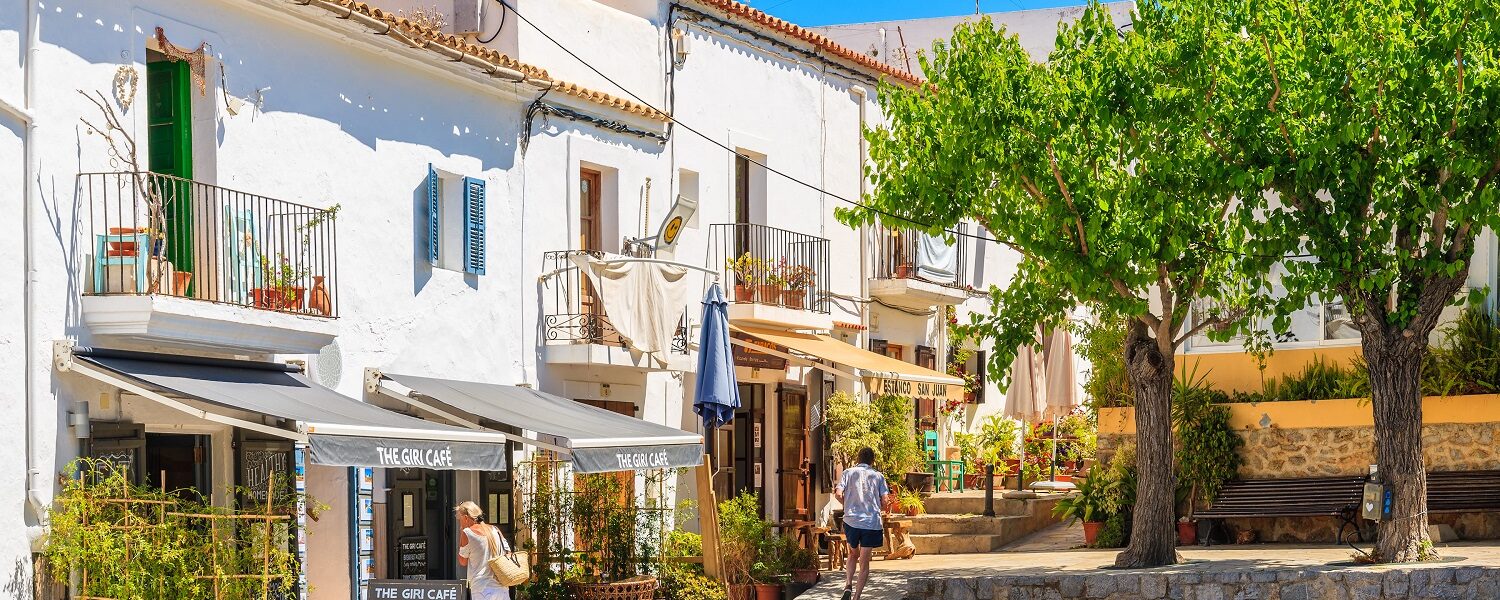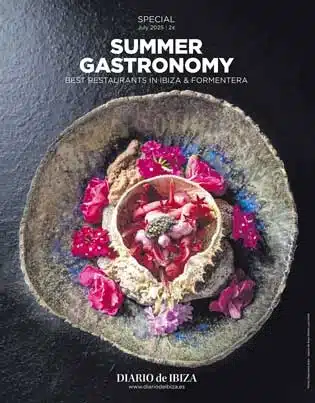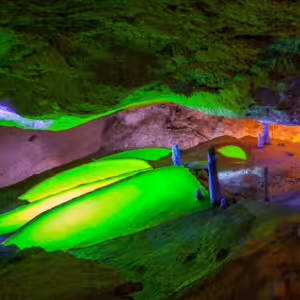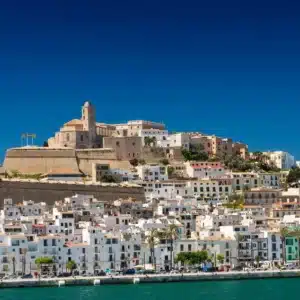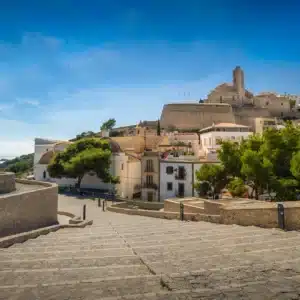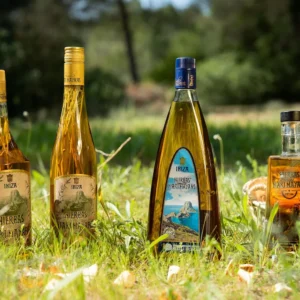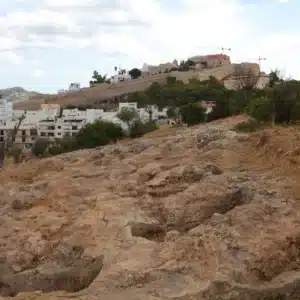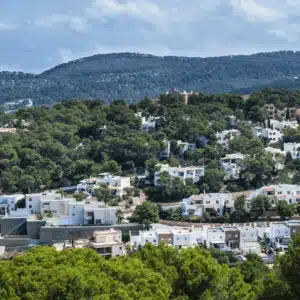Ibiza is famous for its vibrant nightlife, pristine beaches, and serene landscapes. But one of its enduring and most-known nicknames is ‘Isla Blanca’ or ‘White Island’. This moniker evokes an image of dazzling purity and tranquillity, but its origin and meaning are rooted in a combination of natural, cultural, and historical factors.
The whitewashed architecture
The most apparent reason for Ibiza’s ‘White Island’ nickname is its striking architecture. Traditional Ibicenco buildings, particularly those in rural areas, are predominantly whitewashed. The island’s villages are filled with simple yet elegant structures, often cube-like in appearance, with thick, white walls. This design is not just an aesthetic choice; it serves practical purposes.
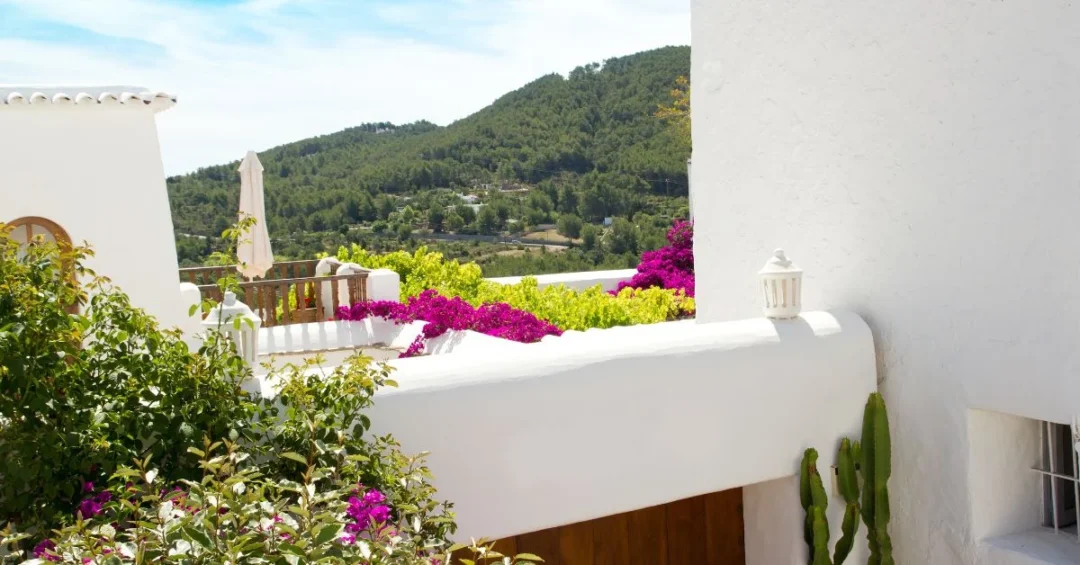
Historically, lime was widely available on the island and used to coat buildings for several reasons. The white lime coating helped keep the interior cool by reflecting sunlight, essential in Ibiza’s hot Mediterranean climate. In addition, limewash had antimicrobial properties, acting as a primitive disinfectant, which was particularly useful in keeping diseases at bay. This practice of whitewashing also connected Ibiza’s architectural style to that of other Mediterranean regions, such as Greece, where a similar aesthetic prevails for comparable reasons.
The clean, white structures stood out dramatically against the island’s blue skies and the lush green countryside. The visual impression of these whitewashed homes, particularly when viewed from the sea, became one of Ibiza’s defining characteristics.
A bohemian escape and the arrival of artists
In the mid-20th century, Ibiza became a haven for artists, writers, and free-spirited travellers from around the world. Drawn to its unspoiled beauty, tolerant atmosphere, and rustic charm, these creatives helped cement Ibiza’s image as a remote, almost mystical destination. During the 1960s and 1970s, the island became associated with the counter-culture movement and attracted a bohemian crowd seeking an escape from the pressures of modern society.
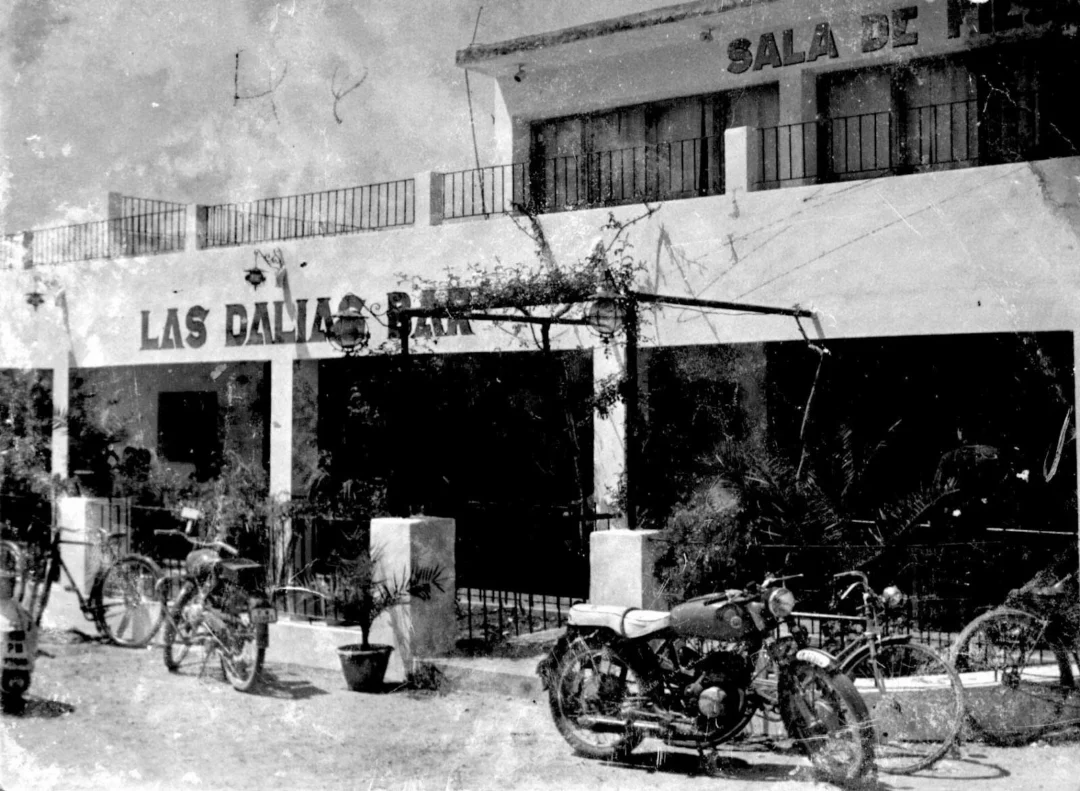
The artistic community was particularly enamoured with the island’s landscape and the minimalistic beauty of its architecture. The simple, whitewashed buildings inspired many of them, and they celebrated the island’s aesthetics in their work. In turn, this drew even more visitors to Ibiza, all eager to experience the idyllic ‘White Island’ for themselves.
Ibiza’s appeal as a bohemian retreat was solidified by the international media, further popularising the nickname. Articles, books, and artworks from this era often romanticised the island as a land of freedom, natural beauty, and spiritual enlightenment.
The salt flats: a glimmering landscape in the White Island
Another possible contributor to Ibiza’s ‘White Island’ identity is its salt flats, in the area known as ses Salines. These salt flats, used for salt production since the Phoenician times, create a shimmering white landscape during certain times of the year. The process of salt extraction leaves behind vast expanses of white salt crystals, especially when the water evaporates under the hot Mediterranean sun.
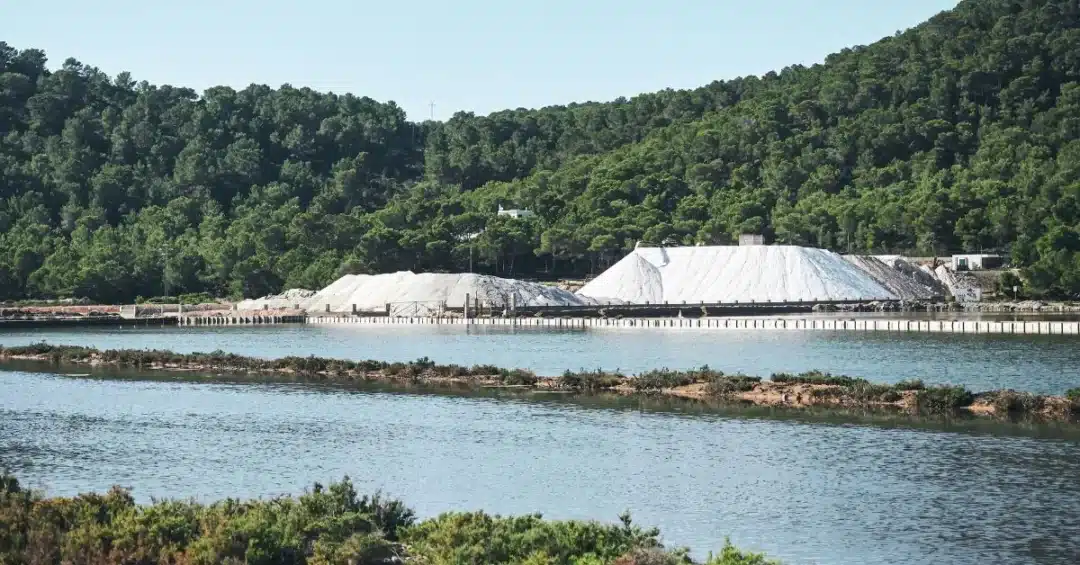
Historically, salt was a vital commodity for Ibiza, not only for local consumption but also as an export product. The salt trade significantly contributed to the island’s economy for centuries. Today, visitors to ses Salines can still witness the sparkling salt fields, which, when viewed from a distance, appear like a white canvas stretching across the land. These fields, glowing in the sunlight, may have reinforced the island’s association with the colour white.
Sunlight, reflection, and the sea
Ibiza’s stunning light plays another role in why it is referred to as the ‘White Island’. The Mediterranean sunlight reflects off the island’s buildings, creating a glowing, almost surreal quality. The bright, sunny days, typical of Ibiza’s climate, enhance the island’s inherent beauty, making it appear almost ethereal.
Furthermore, the waters surrounding Ibiza are crystal clear, and their turquoise and blue hues seem to enhance the brightness of the whitewashed buildings along the coastline. This contrast between the white structures and the vivid blues of the sea creates a striking image that has captured the imagination of travellers for decades.
Ibiza’s spiritual and mystical aura
Beyond its physical characteristics, Ibiza has long been associated with spiritual and mystical ideas, another factor that ties into its ‘White Island’ nickname. In ancient times, the Phoenicians revered Ibiza as a sacred place. The island’s natural landscape, particularly its rocky formations and caves, has been linked with spiritual practices for centuries.
Later, in the 20th century, the New Age movement found fertile ground in Ibiza, and the island became a centre for those seeking alternative spirituality. The notion of ‘white’ as a symbol of purity, enlightenment, and transcendence fits into this narrative. For some, Ibiza represents a place of escape and rejuvenation, a kind of spiritual sanctuary where they can reconnect with nature and themselves.
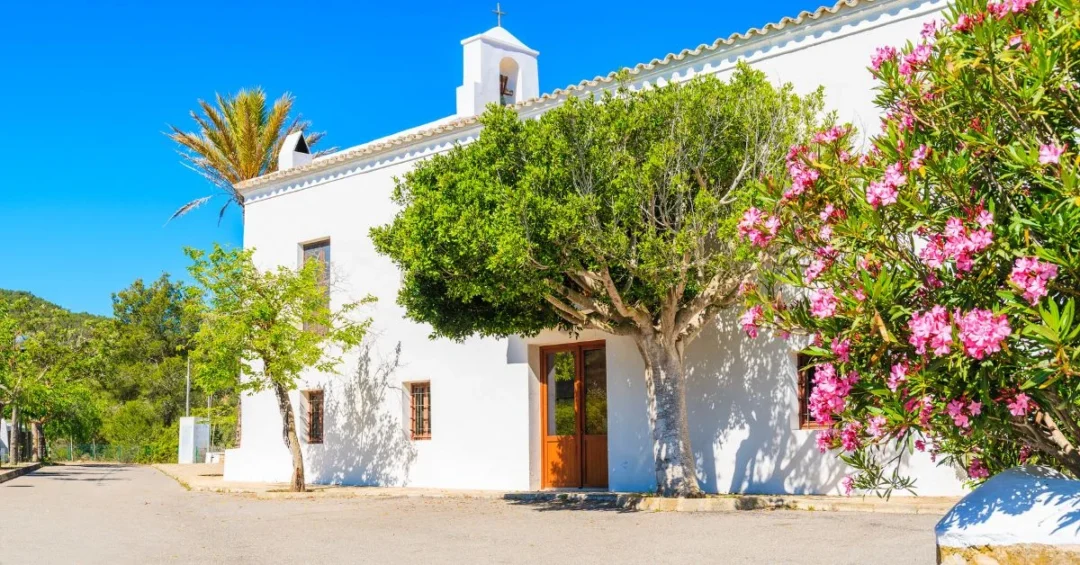
So, Ibiza’s nickname ‘White Island’ is multifaceted, blending its architectural heritage, natural beauty, and cultural history. The whitewashed buildings are the most obvious reason for the name, but the island’s salt flats, dazzling sunlight, and even its spiritual reputation all play a part in this enduring association with the colour white. Ibiza’s appeal goes far beyond its party scene; its whitewashed charm continues to draw visitors who seek the serenity, beauty, and mystique of the Mediterranean’s White Island.
